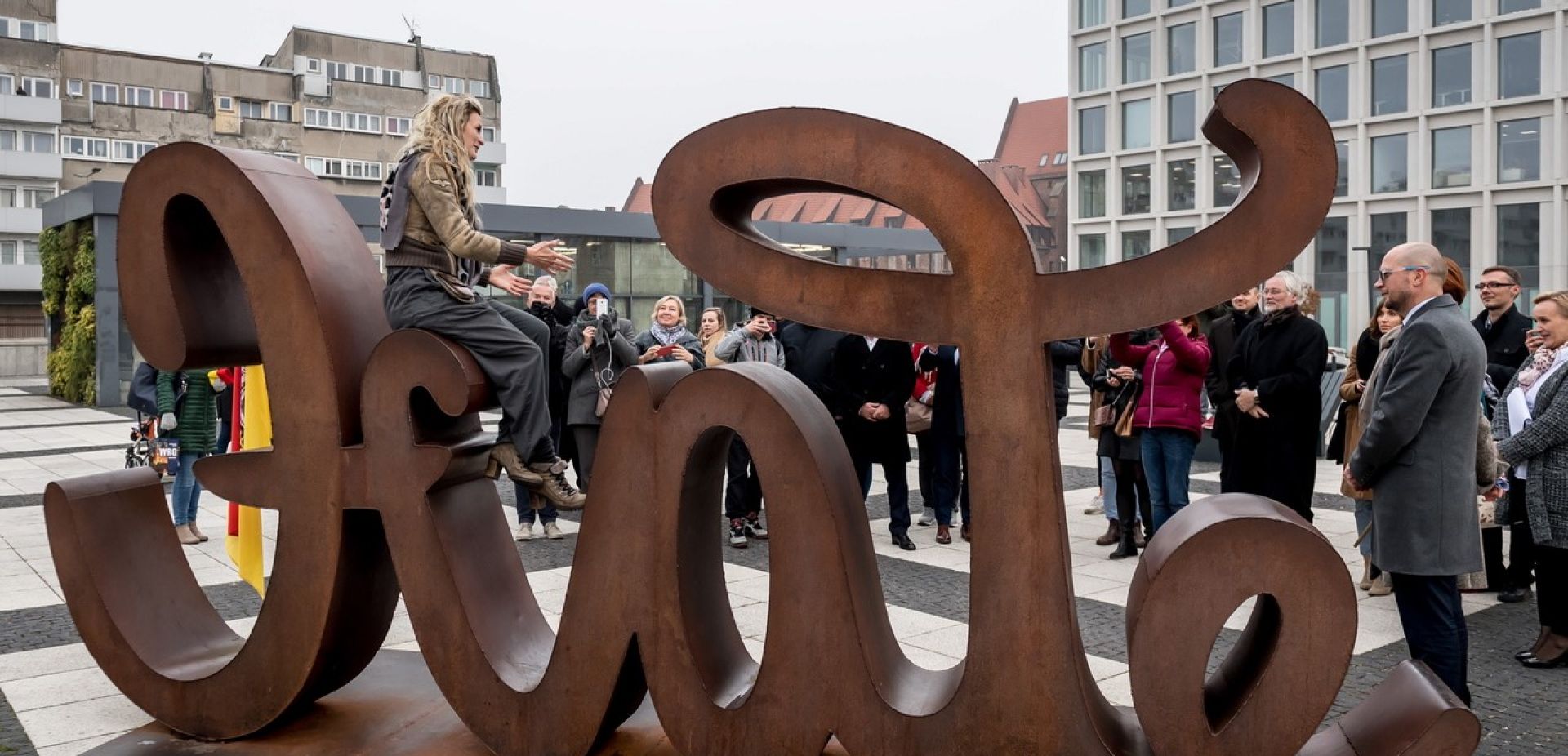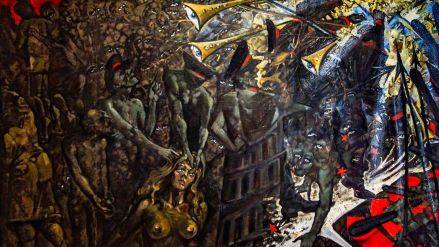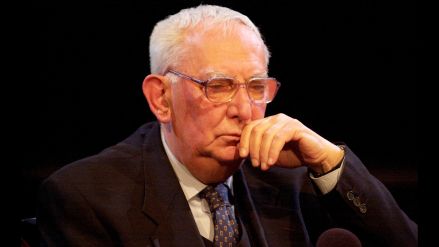Already 23 years ago, in July 2000, the artist took part in the exhibition "New Art of Belarus" - also exhibited at the capital's CSW. Afterwards, he systematically participated in plein-air events organised in our country and presented his work or performances in Polish galleries.
Piotr Bernatowicz, director of CSW, had the opportunity to get to know Ales and develop a friendly relationship with him. 'He was not a haunted oppositionist or a sufferer,' Bernatowicz recounted. To the end he remained an optimist, enthusiastic about life. A big, strongly built guy, mighty also in character. He was even able to make artistic use of his time in prison. For example, he drew. And not negative events at all! With his drawings, he designed whatever he wanted. For example, one dish or another. Everyone probably knows that the menu in prison is not very diversified. And he was drawing visions of his favourite dishes.
Ales studied at the Belarusian State Art-Theatre Institute in Minsk, but had a break in his studies - he was mobilised and sent to the war in Afghanistan. On his return, he managed to complete his studies, after which he was sent to work in Vitebsk. A city with artistic traditions (birthplace of Marc Chagall, then his teaching job at the Academy of Fine Arts, where he clashed with the personality of Kazimierz Malewicz). Pushkin founded the first gallery of modern art here, called - somewhat jokingly - "At Pushkin's".
He thanked President Aleksandr Lukashenko for his first term in office by ending his (formal) tenure in 1999... with wheelbarrows of manure dumped in front of the presidential residence in Minsk.
How did Ales' fight for 'his' or the nation's rationale end?
Attempts were reportedly made to 'save' him when he was de facto dying in prison in Grodno from a stomach perforation caused by an ulcer.
Such is sometimes the price paid by modern rebels.
The benevolent reports
We live in supposedly 'interesting' times, which can be tried to be circumscribed in various ways, searching for words or associations between green euglena and parthenogenesis on Mars. There, too, is the hope of creating a colony of protozoa with the general participation of our species, probably wrongly called homo sapiens. What kind of rational beings are we?
We are driven by negative emotions and the desire to have. More and more. And since there are also exponentially and globally more of us, the acrimony is directly proportional to the population density.
 SIGN UP TO OUR PAGE
SIGN UP TO OUR PAGE

If I had to find a term for the present time, I would say - this is the kingdom of hate. As we all know, those who are divided are the easiest to govern. It is said that the Romans were the first to put this principle into practice. In the Polish tradition, "divide et imperia" goes back to the times of the Piast Dynasty - but why limit ourselves to a single territory, drawn on a map with what are still called borders?
The global village existed in the 'Gutenberg Galaxy' envisioned by Marshall McLuhan as early as 1962. However, even the Canadian communication theorist failed to foresee that the most important mass message of the first half of the 21st century would be negative emotions. More recently with a 'negative plus'. That is, the worse, the better. The hotter the better.
Anonymous whistleblowers used to be the bogeyman, usually signing their venom-soaked, real or imagined 'complaints' and 'concerns' dictated by their 'concern for the public good', with the slogan 'Benevolent'.
Now there is no need to write denunciations. It is enough to publish on social media - under one's own name or nickname - false and hurtful information about someone one wishes to harm. There is no chance to write a correction, to seek help from lawyers. Perhaps someone very wealthy and well connected can deal with slander. The common man is slandered with impunity and efficiency. This is especially true when it is lent credibility by an intellectual "authority" who happens to be interested in defaming someone who remembers inconvenient truths.
A little bit of retro
The second edition of Stanisław Lem's book 'Okamgnienie' (The blink of an eye, WL Publishing, 2023), a position brilliant in its visionary nature, has recently been published. For the first edition was written as a collection of columns (essays?) in our writer's reaction to the scientific report 'Technologies of the 21st Century', commissioned by the German government in the mid-1990s.


 SIGN UP TO OUR PAGE
SIGN UP TO OUR PAGE
 If I had to find a term for the present time, I would say - this is the kingdom of hate. As we all know, those who are divided are the easiest to govern. It is said that the Romans were the first to put this principle into practice. In the Polish tradition, "divide et imperia" goes back to the times of the Piast Dynasty - but why limit ourselves to a single territory, drawn on a map with what are still called borders?
If I had to find a term for the present time, I would say - this is the kingdom of hate. As we all know, those who are divided are the easiest to govern. It is said that the Romans were the first to put this principle into practice. In the Polish tradition, "divide et imperia" goes back to the times of the Piast Dynasty - but why limit ourselves to a single territory, drawn on a map with what are still called borders? 




